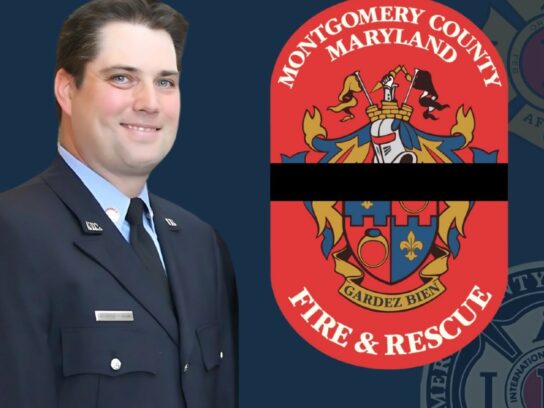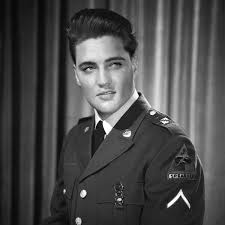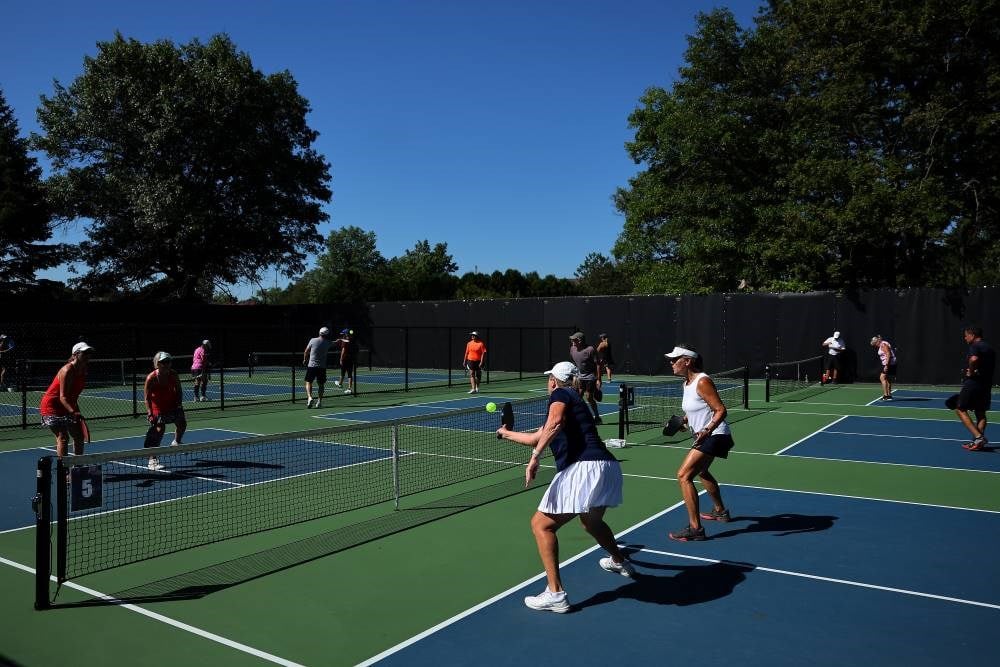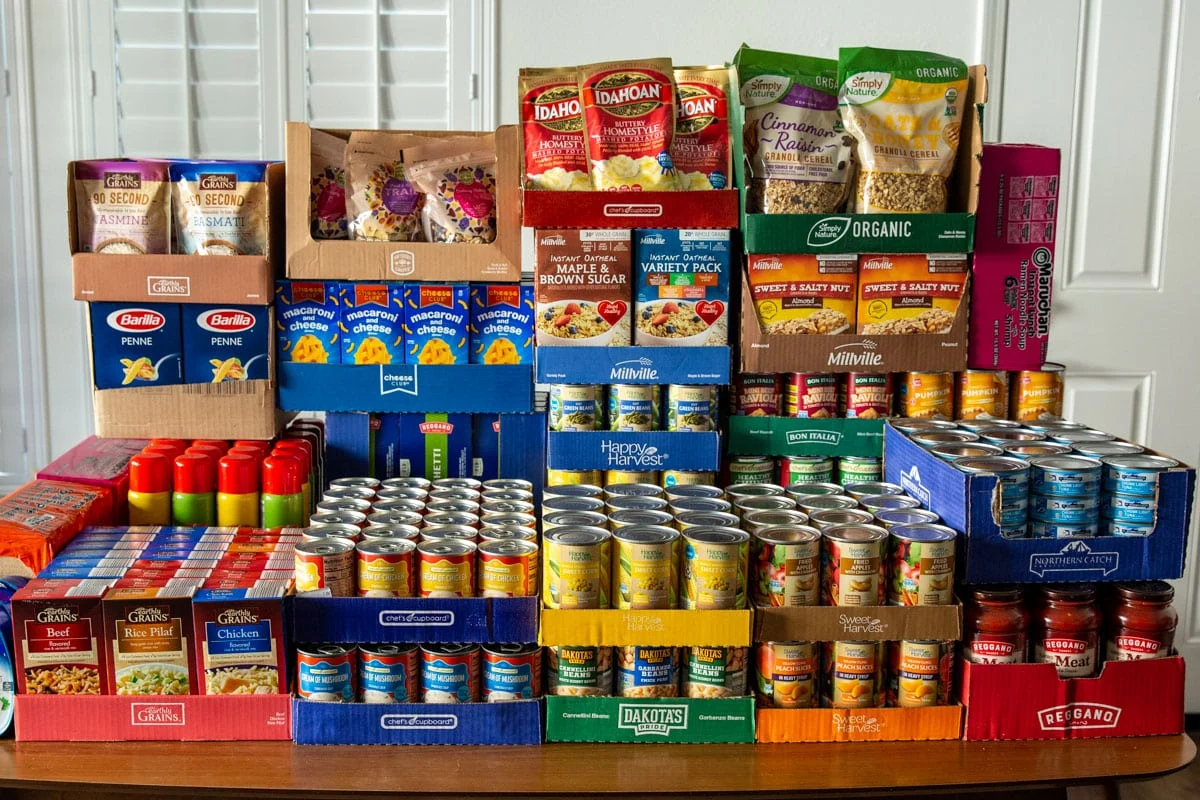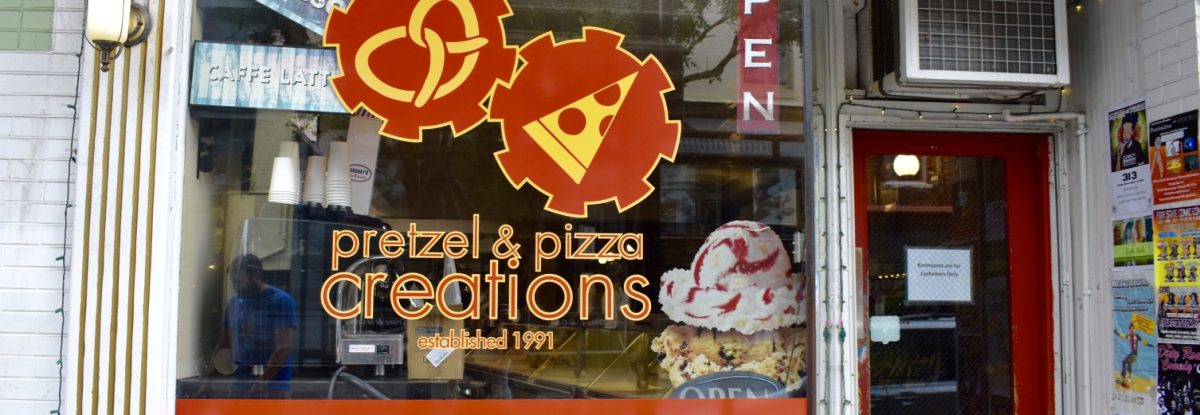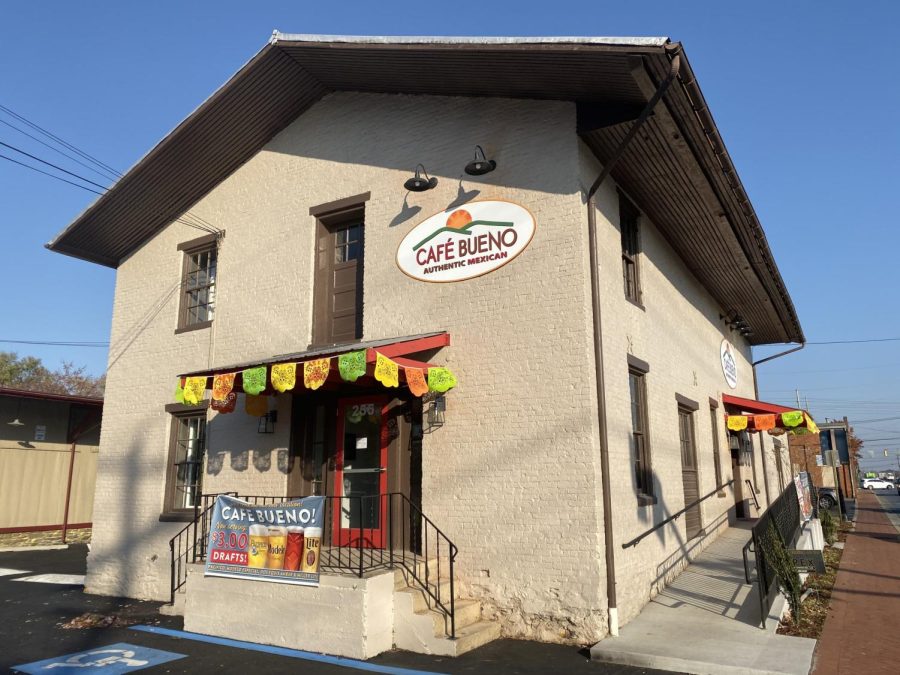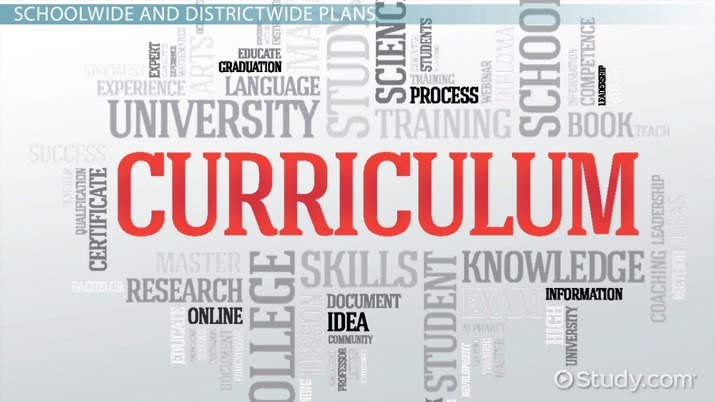What did you learn today?
October 11, 2019
“What are you learning?” It’s a question that most teens hear often. Every teacher has a distinct teaching style that they use to try to keep the attention of their students; some work really well, some not so much. Still, it is important that each student receives the same information and education regardless of a teacher’s personal teaching style. This is done by giving teachers content area curricula. A specific curriculum is a prescribed scope and sequence of instruction. In FCPS, curricula are written by classroom teachers during the summer months as part of paid workshops. The curriculum for each class is different and all the curricula in Frederick County has to follow state guidelines as well. But, how do teachers, or students for that matter, know if the curriculum is being covered correctly in a particular class? In Tuscarora High School there is a relaxed and highly specialized enforcement of the curriculum, mainly overseen by educational peers and administrators.
On the book, observation is sparing. “Every teacher does a professional development plan based on how many years into the system you are,” One teacher who asked to remain anonymous explains. “So as… um… someone in their first three years is going to have four classroom observations where the principle or administrator, usually an AP sometime the principle, is going to come and sit for 45 minutes of your lesson and see what you’re doing.” Senior teachers have this at most once a year. Though this helps to keep a class moving, there is no single person responsible for keeping track of curriculum.
The real way that teachers learn and enforce the curriculum is through discussion with their peers inside the school. According to Mrs. Robinette, a biology and AP Bio teacher here at Tuscarora, teachers meet, “weekly if not daily,” to discuss the curriculum. Teachers do these meetings during lunches or after school. “I’ve discussed activities that worked and didn’t work,” Mrs. Robinette explains. “We also discuss exams and just general classroom behaviors.” This helps for a class to stay steady inside a school. It also makes an accountability system between teachers of the same subject
Education is one of those balancing acts that is hard to maintain, but disastrous if you get wrong. Fortunately, we have a good school system filled with dedicated teachers who will take the curriculum given and make it as entertaining and useful as possible. Still, this is a system based on trust, and trust is not always the answer. Though this system works well in the short term there should be more accountability.

